- IDP China>
- 课程库>
- 工程与技术>
- 工程学及其相关技术>
- 其他工程及相关技术>
- MEng Ship Science/Engineering Management with Industrial Placement Year
工学学士(荣誉)船舶科学/工程管理专业
MEng Ship Science/Engineering Management with Industrial Placement Year

学历文凭
Undergraduate Masters

专业院系

开学时间

课程时长

课程学费

国际学生入学条件
AAA including mathematics and an additional required subject
A-levels additional information
Offers typically exclude General Studies and Critical Thinking.
Required A-Level subjects include mathematics and either physics, chemistry or further mathematics. Pass in the associated science Practical is required where applicable.
International Baccalaureate Diploma
Pass, with 36 points overall with 18 points required at Higher Level, including 6 at Higher Level in mathematics and 6 at Higher Level in an additional required subject
BTEC
D in the BTEC National Extended Certificate plus AA in A-level mathematics and an additional required subject
We do not accept the BTEC National Extended Diploma
We do not accept the BTEC National Diploma
Applicants with a BTEC National Extended Diploma or the BTEC National Diploma should apply for the Engineering/Physics/Mathematics/Geophysics Foundation Year
GCSE requirements
Applicants must hold GCSE English language (or GCSE English) (minimum grade 4/C) and mathematics (minimum grade 4/C)
TOEFL iB (Test of English as a Foreign Language) - 92
Band B IELTS 6.5 overall, with a minimum of 5.5 in all components
IDP—雅思考试联合主办方

雅思考试总分
6.5
- 雅思总分:6.5
- 托福网考总分:92
- 托福笔试总分:160
- 其他语言考试:Pearson Test of English (PTE) Academic - 62
CRICOS代码: H55J
申请截止日期: 请与IDP联系 以获取详细信息。
课程简介
This is a specialised integrated Masters course, which covers a number of advanced naval architecture topics. Here you'll get a broad mechanical engineering degree with a focus on maritime engineering. You'll study topics like design, mechanics and hydrodynamics. Ship science looks at the design, construction and testing of ships and ocean structures. These could be for transport, recreation or harnessing marine resources. You'll learn the core principles of naval architecture and marine vehicles. Later you can choose to specialise your programme through one of 6 pathways: Advanced Computational Engineering Marine Engineering and Autonomy Naval Architecture International Naval Architecture Ocean Energy and Offshore Engineering Yacht and High Performance Craft In year 3 you will complete an individual research project and in year 4 you'll take part in a group design project. As part of this course you can: learn computational design and modelling techniques use our state-of-the-art facilities, including the largest university towing tank in the UK learn from internationally-renowned engineers from the Wolfson Unit and Lloyd's Register showcase your work in our annual Engineering Design Show visit sites to experience engineering in practice join our Hydro Team to help design and build innovative marine vehicles take a work placement during the summer holidays
相关申请
 预科
预科 奖学金
奖学金 实习机会
实习机会 在校学习
在校学习 跨境学习
跨境学习 校园授课-线上开始
校园授课-线上开始 在线/远程学习
在线/远程学习
开学时间&学费
学费信息仅供参考,请与IDP联系以获取详细信息
| 开学时间 | 时长 | 学费 | 地点 |
|---|---|---|---|
| 暂无 | 暂无 | 暂无 | 暂无 |
学校排名

世界排名118
数据源:
泰晤士高等教育世界大学排名
关于南安普顿大学

南安普顿大学在2023年QS世界大学排名中名列第78位,它在英国的大学中排名前15位(《2023年完全大学指南》)。南安普顿大学是著名的研究密集型大学联盟罗素集团的创始成员之一。南安普顿大学为学生提供了300多门学位课程。它每年还提供约400个实习机会,帮助学生获得充分的实践机会。该大学聘请了杰出的讲师,他们往往是其专业领域的领导者,确保学生了解最新的研究发展。作为一所具有广阔前景和以学生为中心的全球性大学,来自130多个国家和地区的1万多名国际学生在该大学学习。根据2022年全国学生调查,82%的学生对其课程教学感到满意。该大学对校内设施进行了投资。该机构还提供获奖的学习中心和职业支持服务。南安普顿的研究人员在不同的校内研究机构从事着有影响力的研究工作。像RJ-米切尔风洞和高压实验室这样的尖端设施表明,该大学投资于人员和服务,使他们受益。国际学生可以获得负担得起的舒适住宿,也可以从其他服务中受益,满足他们的安全和福祉,如24小时保安和包括南安普顿大学住宿的UniLink公交卡。南安普顿大学有300多个不同的学生团体,代表了多种多样的兴趣爱好。这包括40个不同的表演艺术团体和90多个体育俱乐部,优秀的学生有机会代表南安普顿参加大学间的比赛。
本校相关课程
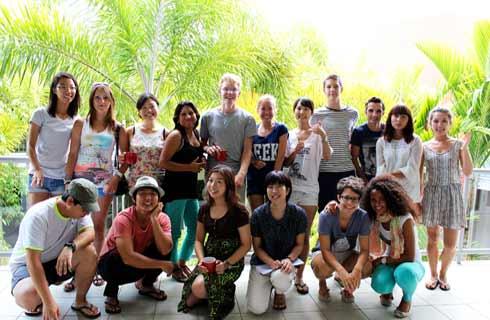
综合博士学位应用语言学/英语教学
学历文凭
Ph.D.
开学日期
课程费用总额

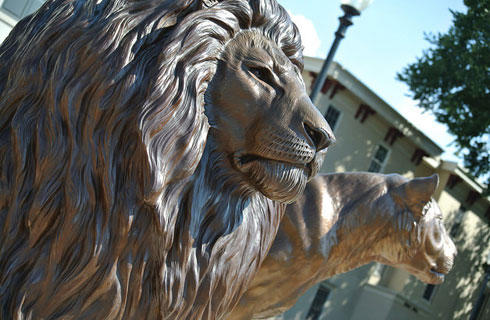
工学(荣誉)船科学
学历文凭
Bachelor Degree
开学日期
课程费用总额

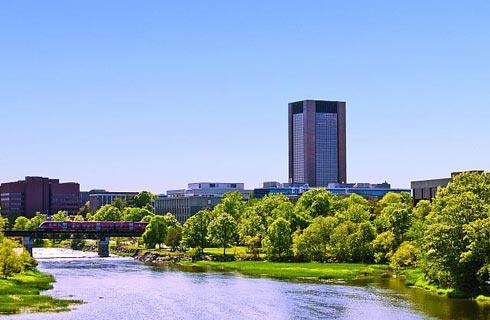
平面艺术学士(荣誉)学位
学历文凭
Bachelor Degree with Honours
开学日期
课程费用总额

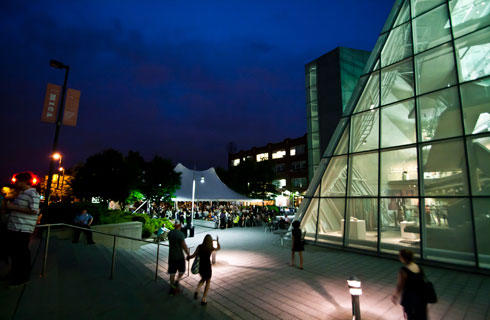
机械(荣誉)机械工程/可持续能源系统
学历文凭
Bachelor Degree
开学日期
课程费用总额


工学(荣誉)机械工程/海军工程
学历文凭
Undergraduate Masters
开学日期
课程费用总额

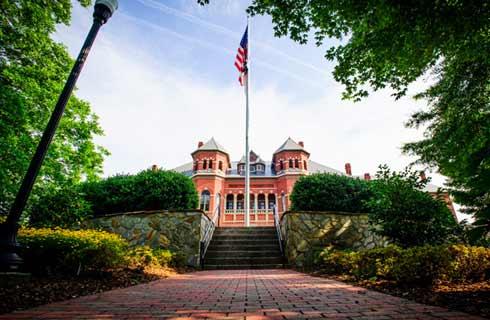
工学士(荣誉)机械工程/机电一体化
学历文凭
Bachelor Degree
开学日期
课程费用总额

其他相关课程

工程四级证书
 希拉巴克斯特培训中心(私立)
希拉巴克斯特培训中心(私立)学历文凭
Certificate IV
开学日期
课程费用总额


工程四级证书-制造
 霍姆斯格兰职业技术学院
霍姆斯格兰职业技术学院学历文凭
Certificate IV
开学日期
课程费用总额

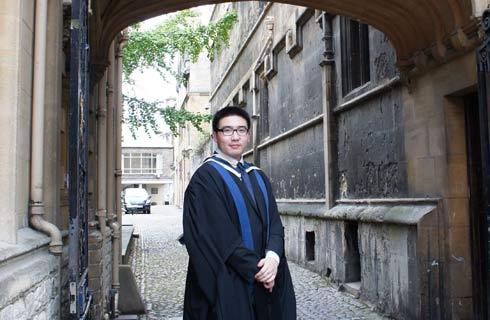
设计文凭(UniLink)(8个月)
 斯威本科技大学
斯威本科技大学泰晤士高等教育世界大学排名:282
学历文凭
Unilink Diploma
开学日期
课程费用总额


专业工程学硕士(生物医学)
 悉尼大学
悉尼大学泰晤士高等教育世界大学排名:54
学历文凭
Masters Degree (Coursework)
开学日期
课程费用总额

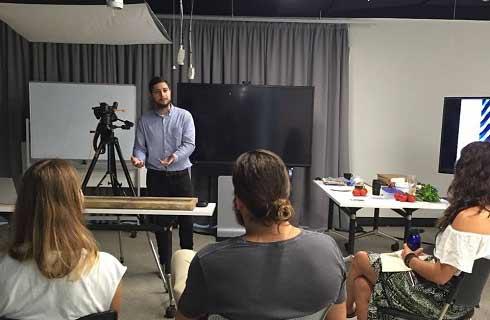
工程科学学士
 伊迪斯科文大学
伊迪斯科文大学学历文凭
Bachelor Degree
开学日期
课程费用总额

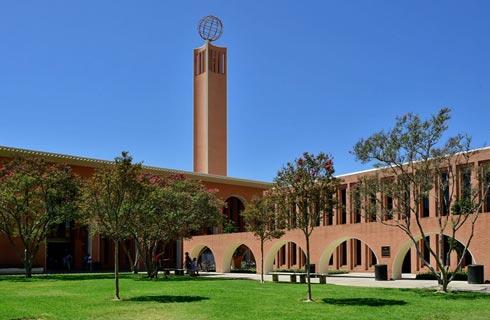
细木工三级证书
 霍姆斯格兰职业技术学院
霍姆斯格兰职业技术学院学历文凭
Certificate III
开学日期
课程费用总额










 英国
英国